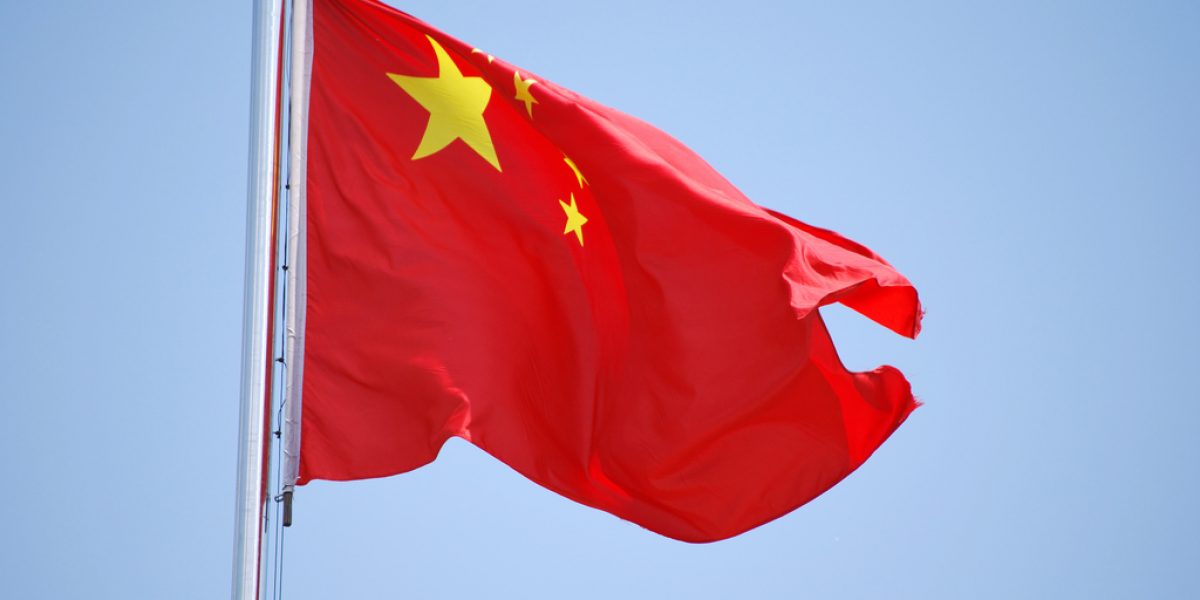It is also a land where both vestiges of an ancient civilization and manifestations of a modern nation serve to confirm its position as a leading civilization.
The Middle Kingdom has never truly been understood by the world, and Africans are no exception in this. Mao’s revolution, China’s unique rural form of communism, the emergence from poverty of 400 million Chinese, the recent gigantic economic leap without significant accompanying reform – all these and more make Beijing an oddity of the international system. Departing from the inefficient state-controlled economy of the Mao years, China has metamorphed into a highly sophisticated state-driven entrepreneurial nation. China`s GDP has grown to over $1,3 trillion, from only $106 billion in 1970. Walking through the streets of Shanghai one becomes hypnotized by the sheer magnitude of the infrastructure and the speed of urban development. Only 15 years ago Pudong was marshland. Today it dwarfs other financial districts. It is eight times the size of Canary Wharf in London. Skyscrapers, magnetic levitation trains, and state of the art architectural wonders are the new symbols of Modern China.
By contrast, over the last 28 years the African continent has continued to grapple with unresolved territorial conflicts, political instability, gross economic mismanagement, and unchanged levels of poverty. What distinguishes Africa from China is that the latter has the ability to plan strategically for the long term. In 2006 it overtook the UK to become the world’s fourth largest economy and is expected to surpass the US by 2050.
One of Beijing’s trump cards is its aptitude at finding solutions tailored to address specific social and economic problems, such as reducing taxes on land and agriculture in order to develop the rural areas and deter the influx of urban migrants. Another example is the unique way in which the Chinese government has transformed obsolete industries in order to suit the needs of new sectors, by absorbing previously redundant and unskilled workers. During the 1990s, the number of Chinese living on less than one dollar a day fell by 150 million, the fastest fall in the poverty level ever witnessed in world history. It has transformed what was once arguably a burden into a powerful resource – China’s large labour force is now its most valuable economic asset.
Africa does, however, have some valuable bargaining chips with which to negotiate with China. The continent has an abundance of arable and fertile land that could be used to provide food security for this Asian tiger. Africa is also endowed with valuable metals and minerals, necessary to sustain China’s economic expansion. Africa must approach China as an equal partner, to promote a win-win situation, and at the same time not lose sight of the Asian giant’s shortcomings.
Beneath the veneer of China’s extraordinary rise and unprecedented development lie internal social and economic problems that still pose major challenges to Beijing. China is today one of the worlds most unequal societies, ranking 85 in the UN’s Human Development Index. Modernization has left the health care system in shambles, unemployment is high, and individual aspirations are limited to economic freedom – civil and political liberties remain beyond reach. A drive into the mountainous countryside of Shaanxi province reveals a different China. People are poor, working their small plots of land, and remain without any significant means by which to improve their living conditions.
Africa has a lot to learn from China, but we must be selective. It is important to acknowledge that China’s presence in Africa is finally giving the continent an opportunity and is placing it back on the global agenda. We Africans nevertheless need to learn how to better leverage China and the new life-line it has extended to us.








